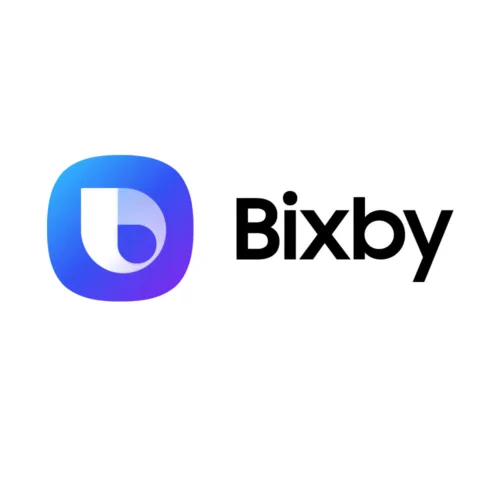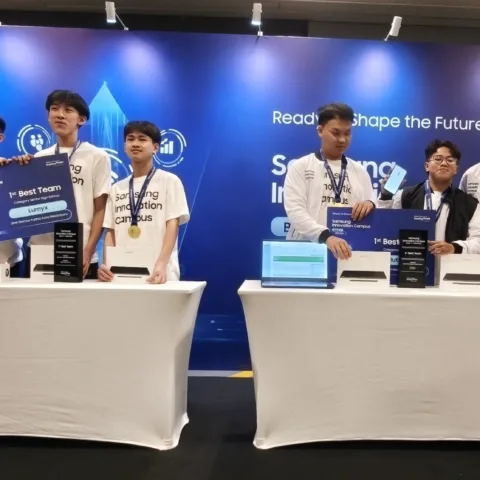 Editorial: This time, Razi Thalib wrote an interesting article about the development of a service/product from the consumer side, that consumers should also educate themselves in order to raise demand for the service/product quality, on the other hand this will encourage the company/startup to create/develop great services or products.
Editorial: This time, Razi Thalib wrote an interesting article about the development of a service/product from the consumer side, that consumers should also educate themselves in order to raise demand for the service/product quality, on the other hand this will encourage the company/startup to create/develop great services or products.
I feel like some development projects in Indonesia might as well be chaired by monkeys: show them bananas and they’ll dance, describe the possibility of a better banana and they’ll throw crap at you.
I am concerned at times to meet people who focus on the “how” over the “why” of a project. They prefer copying existing examples over exploring real problems and identifying the appropriate solution. They dwell on immediate rewards and neglect future impact. They think in terms of price and expenses rather than on value and investments.
I have seen a form of this in every industry (that I’ve been a part of) that there is a general lack of awareness and therefore lower expectations that lead to a lack of demand for innovation and change. For instance I’ve read that people in remote regions of Indonesia are generally very satisfied with their access to education. This probably does not mean they receive world class services but instead they just feel lucky to have a school building in their district.
If we look at the local web scene we can find many examples of websites geared for advertising over usefulness. The most visited news portal in the country has a layout and design that looks childlike and reminds me of something I’d throw up after a bad Mexican dish. This has lead me to believe that we should collectively strive to promote a more sophisticated demand culture. Sophisticated in the sense that the consumer/public/user demand is sufficiently aware, complex and intellectually appealing.
Great products and services thrive on (and are born out of) sophisticated demand. It requires a user base with critical thinking skills, a desire for research and a propensity to carefully consider the far reaching impacts of any venture.
Sophisticated demand requires education.
Let’s say you’re selling chocolate (and assuming it’s good quality chocolate) part of what you should be doing is educating people of what good quality chocolate looks, smells and tastes like. What’s the story behind the chocolate? Perhaps provide and teach about Fair-trade so that honest-to-goodness cocoa farmers get a fair deal. Create awareness, share the human stories and form a movement in your industry for a better everything. Make people resent bad chocolate and hold the companies behind them accountable for their crime of delivering a mediocre product.
It goes without saying that it’s easier than ever to communicate and share stories online, we often just need to change our mindset of what our online medium should do. Whether you’re selling a product or a startup it’s simply about implementing a content strategy that moves people through narrative. Like a news agency, it needs content producers/editors to pump out good stories and creatively keep people engaged.
Are you a sophisticated user?
As stakeholders, our level of sophistication depends on how far we strive to:
1. Be informed. Do we invest the time to be informed of our choices?
2. Punish mediocrity. If a company has irresponsible policies do we reject buying from them?
3. Reward the exceptional. Do we go out of our way to reward those that go the extra mile for us?
As consumers we must begin to simultaneously punish those who short-change us and reward those that give us more than we bargained for. We need to make it profitable for people and organisations to innovate. We need to support individuals that advocate innovation in their work/industry. We should insist on buying from companies that treat us like human beings rather than statistics on a financial ledger.

In the end if we collectively continue to lift our expectations of the products we buy, the policies our government makes and the amounts that are in our pay-check it can be a catalyst for major change. Don’t you want a few extra millions in your pocket at the end of the month?
 Razi Thalib, a free man since 2009, left a cushy high-paying job to romantically return home and lead a life of ambiguous ideation of which no one is willing to pay him for. Such is the price of freedom! He currently helps Indonesia Mengajar as their chief digital officer and runs a collaborative agency called bridges and balloons. People make fun of the name sometimes, but he’s learned to live with it. You can read his brain farts on twitter @RaziThalib but he recommends instead that you get back to work!
Razi Thalib, a free man since 2009, left a cushy high-paying job to romantically return home and lead a life of ambiguous ideation of which no one is willing to pay him for. Such is the price of freedom! He currently helps Indonesia Mengajar as their chief digital officer and runs a collaborative agency called bridges and balloons. People make fun of the name sometimes, but he’s learned to live with it. You can read his brain farts on twitter @RaziThalib but he recommends instead that you get back to work!









Nice article.
I think low expectations relate with economic capability. As much as someone informed/educated, one cannot punished mediocrity of a product if it’s the only range they can afford, at least at the moment. Many companies targeted these users, who are economically mediocre, which means they can bargain their quality product for a cheaper price but in high demand. These market segment are profitable for business, and those businesses are necessarily as important for these market segments, merely because it’s affordable.
I completely agree with you & that it’s important that every business should educate their customer in the right way, not merely advertising bullshits. I believe it’s achievable in the next few years as more people get informed by internet & social medias. But as sophisticated as it is, it will always be an exclusive priviledge for some people.
Thanks!
I’d argue that, economically speaking, it’s about value. Value is based on what you get in return in relation to what you pay for regardless of price. Being more sophisticated in your choices means thinking long term impact and therefore focusing on needs over wants. Lack of access to proper education is the core issue often superseding financial constraints.
You might have a point here but judging from the sidelines is always really easy. So get into the game and don’ only talk but show how it’s done! Your reference to Detik is not really chique, you’re entitled to your opinion but so far they managed to build a huge audience and a profitable company. What have you done lately?